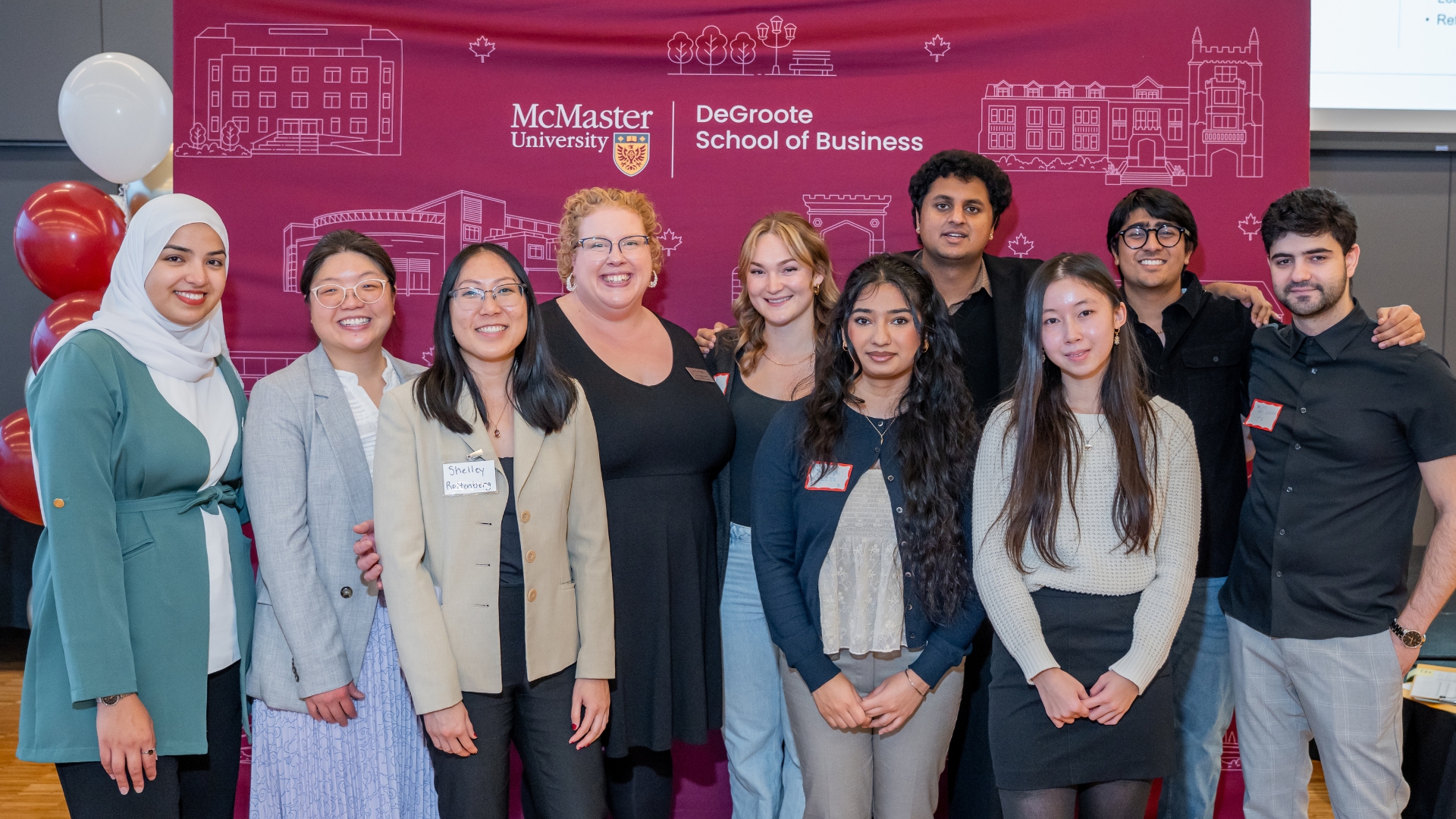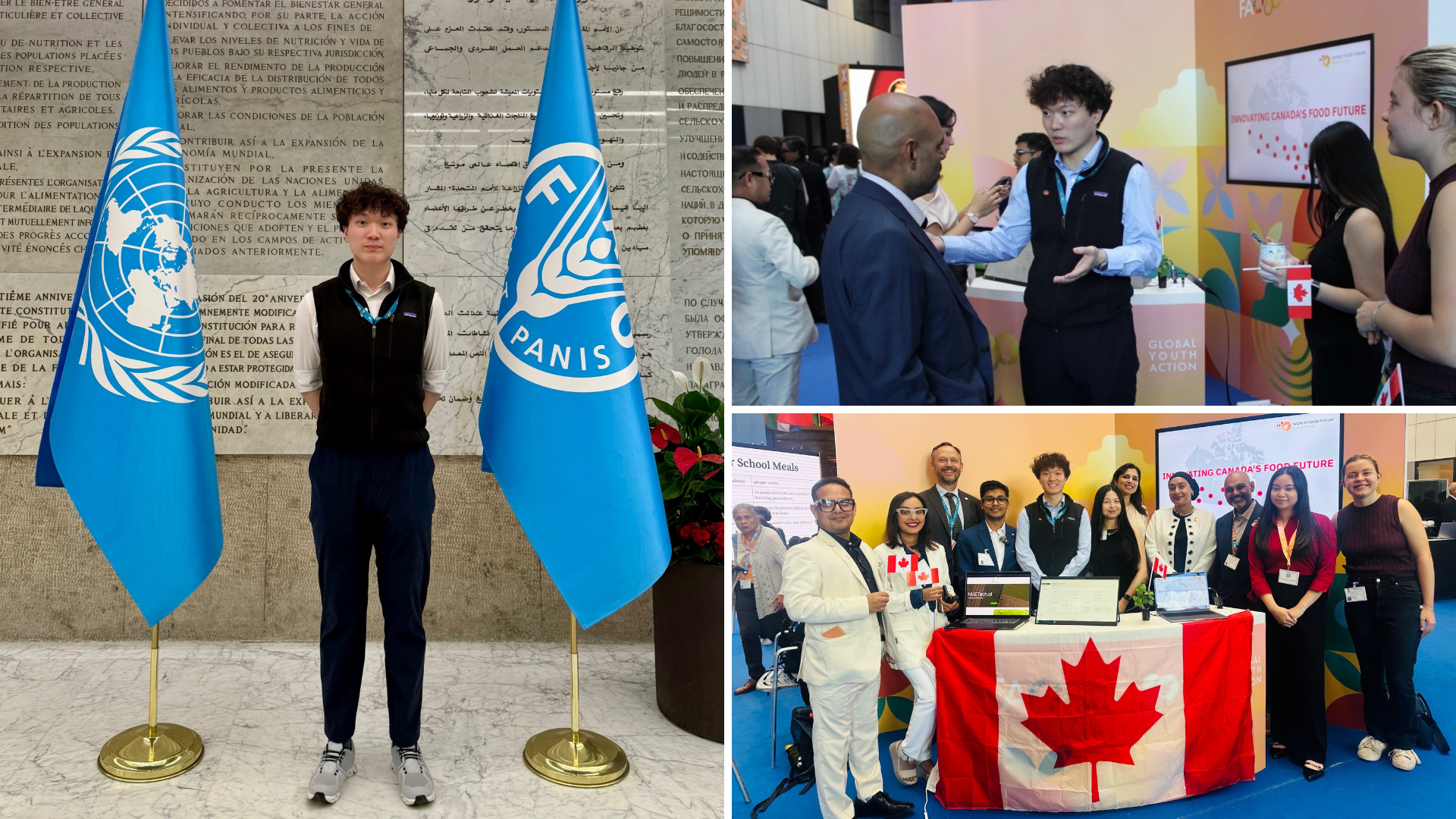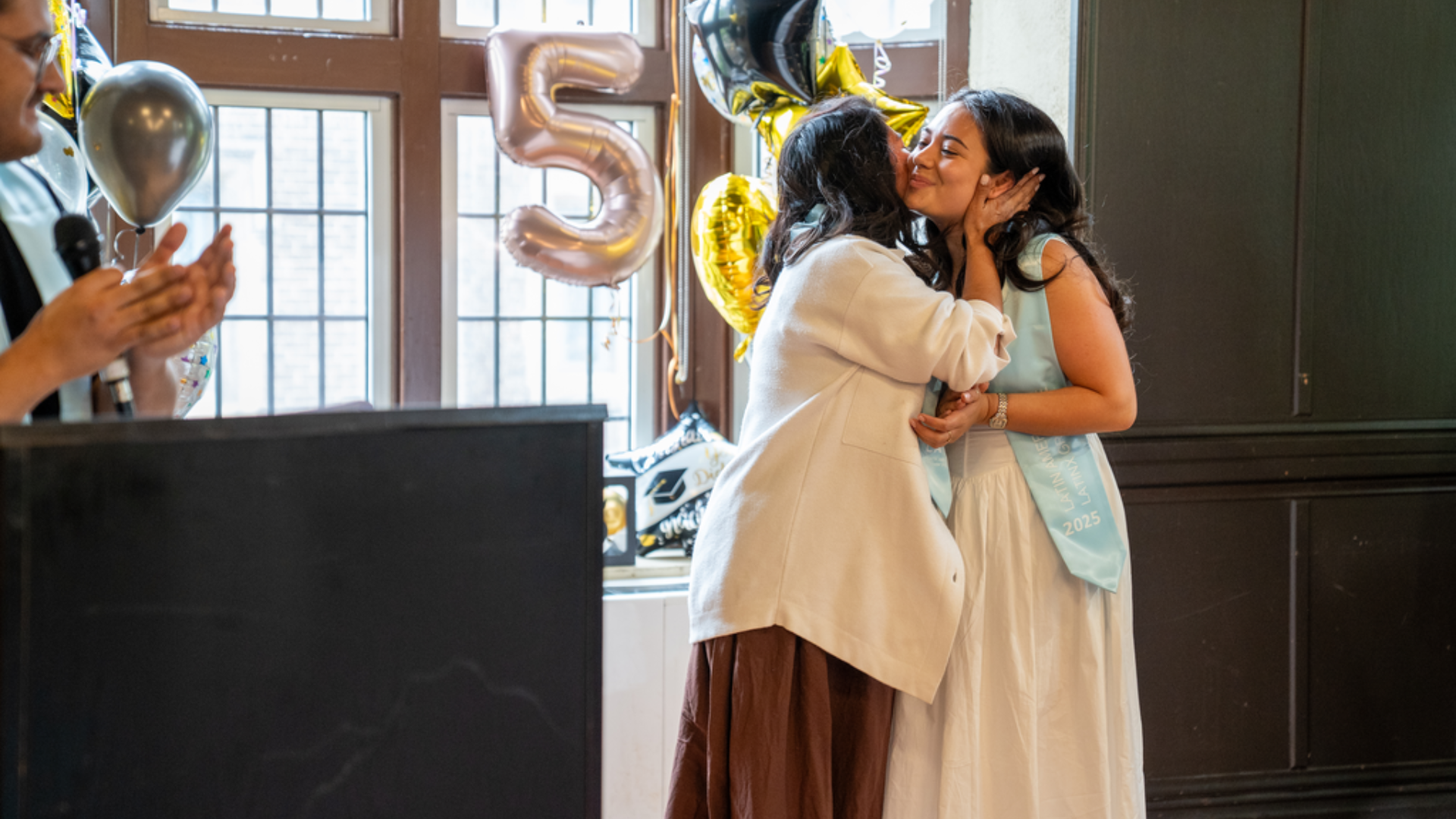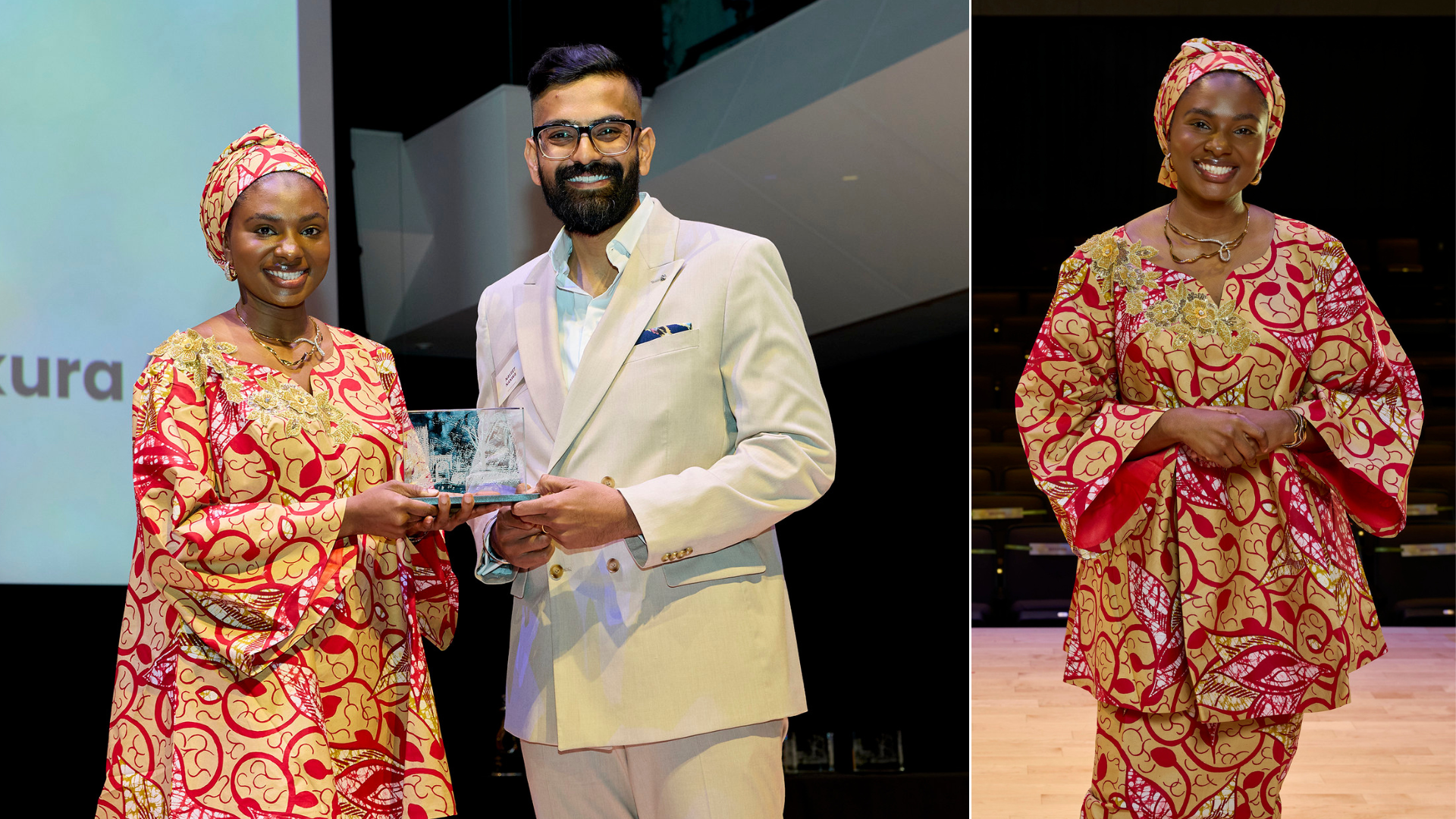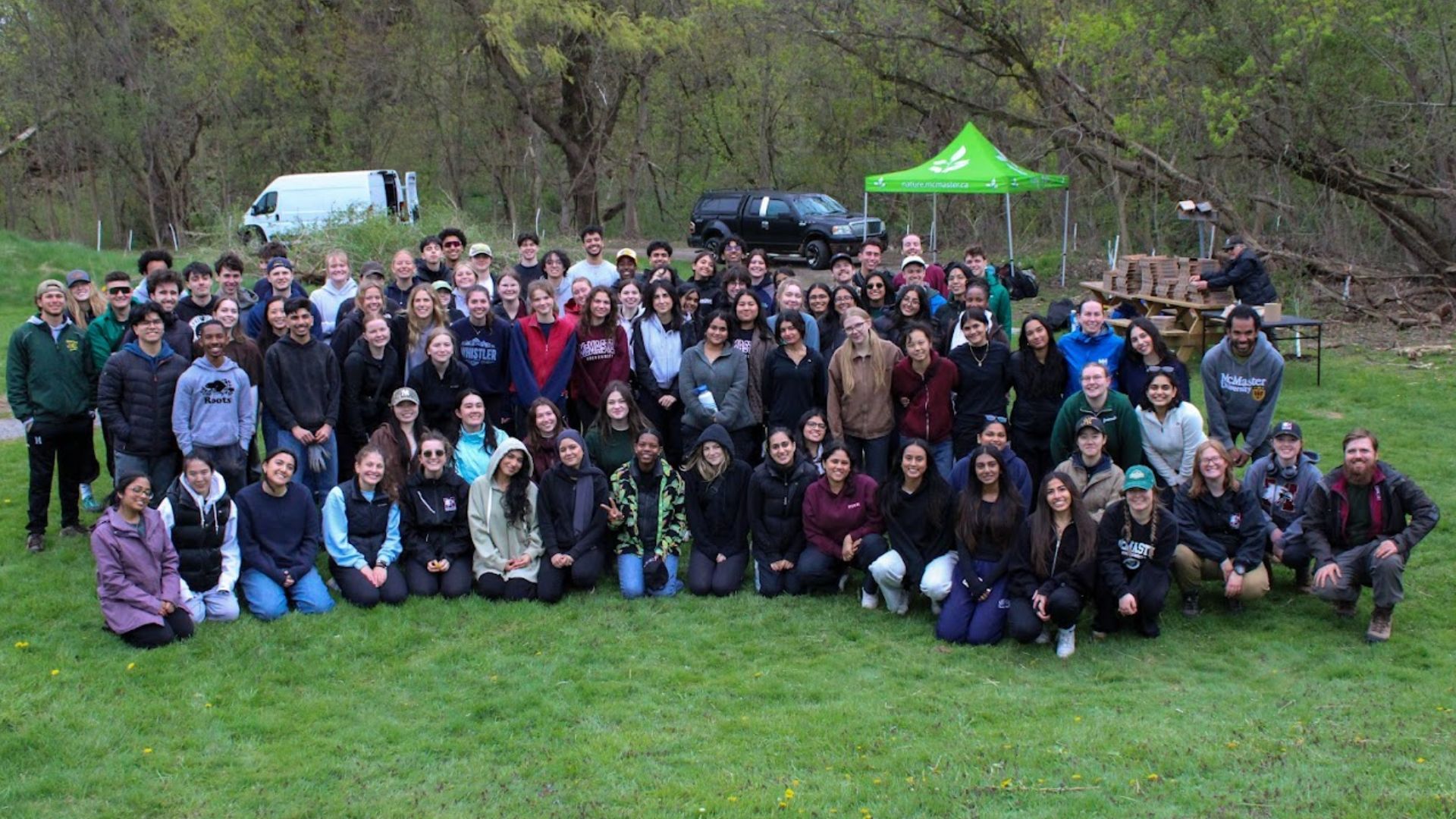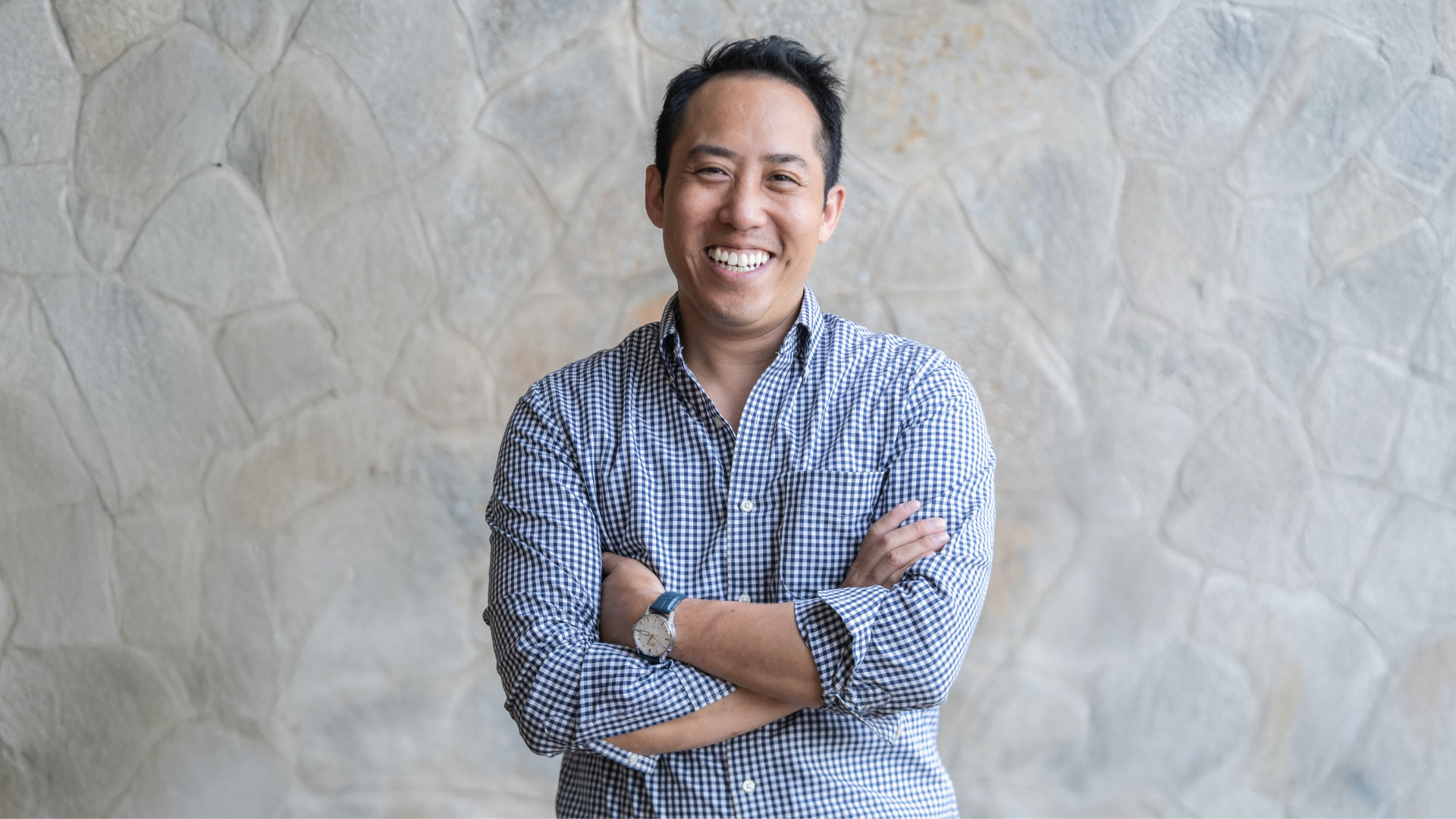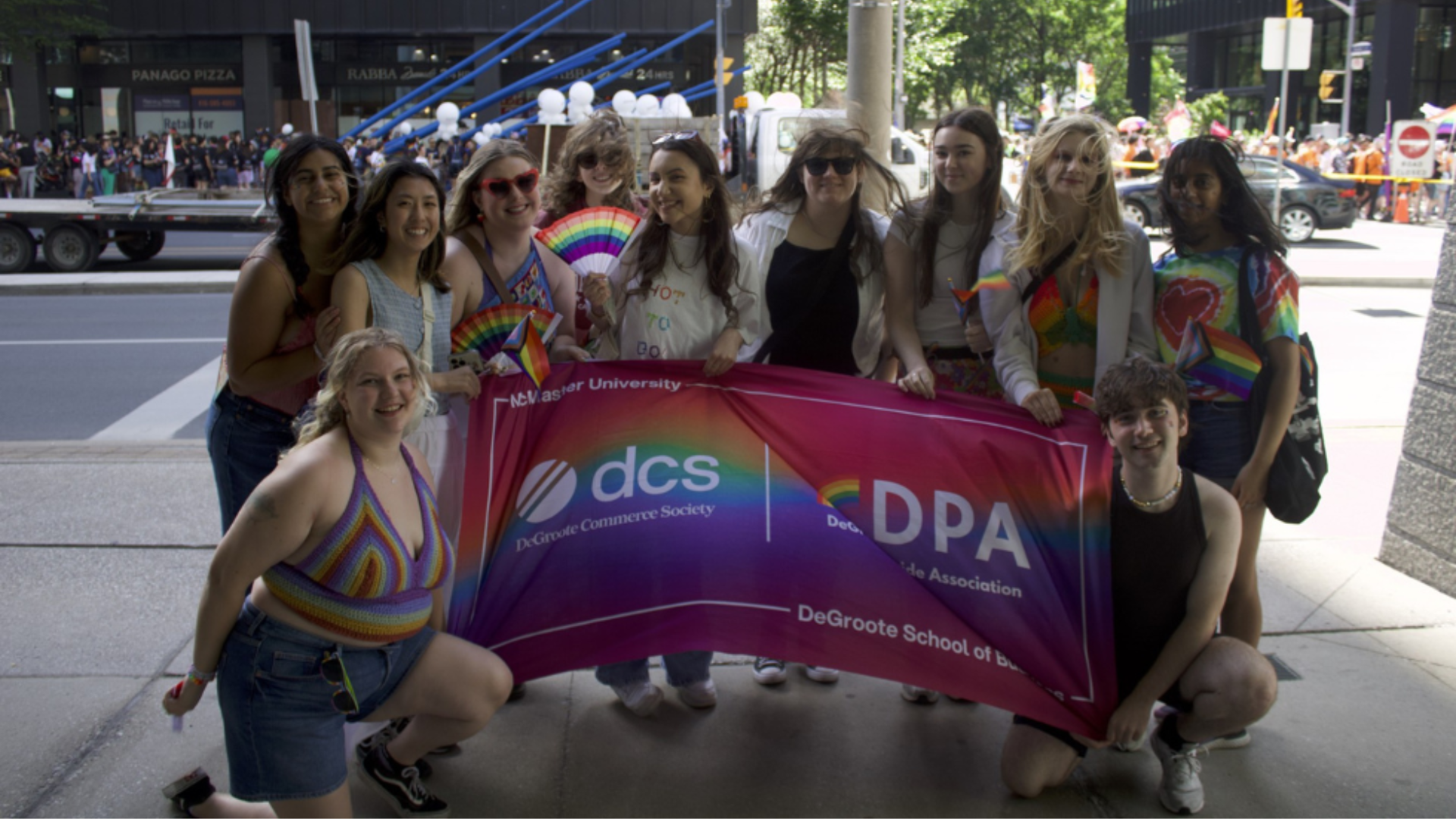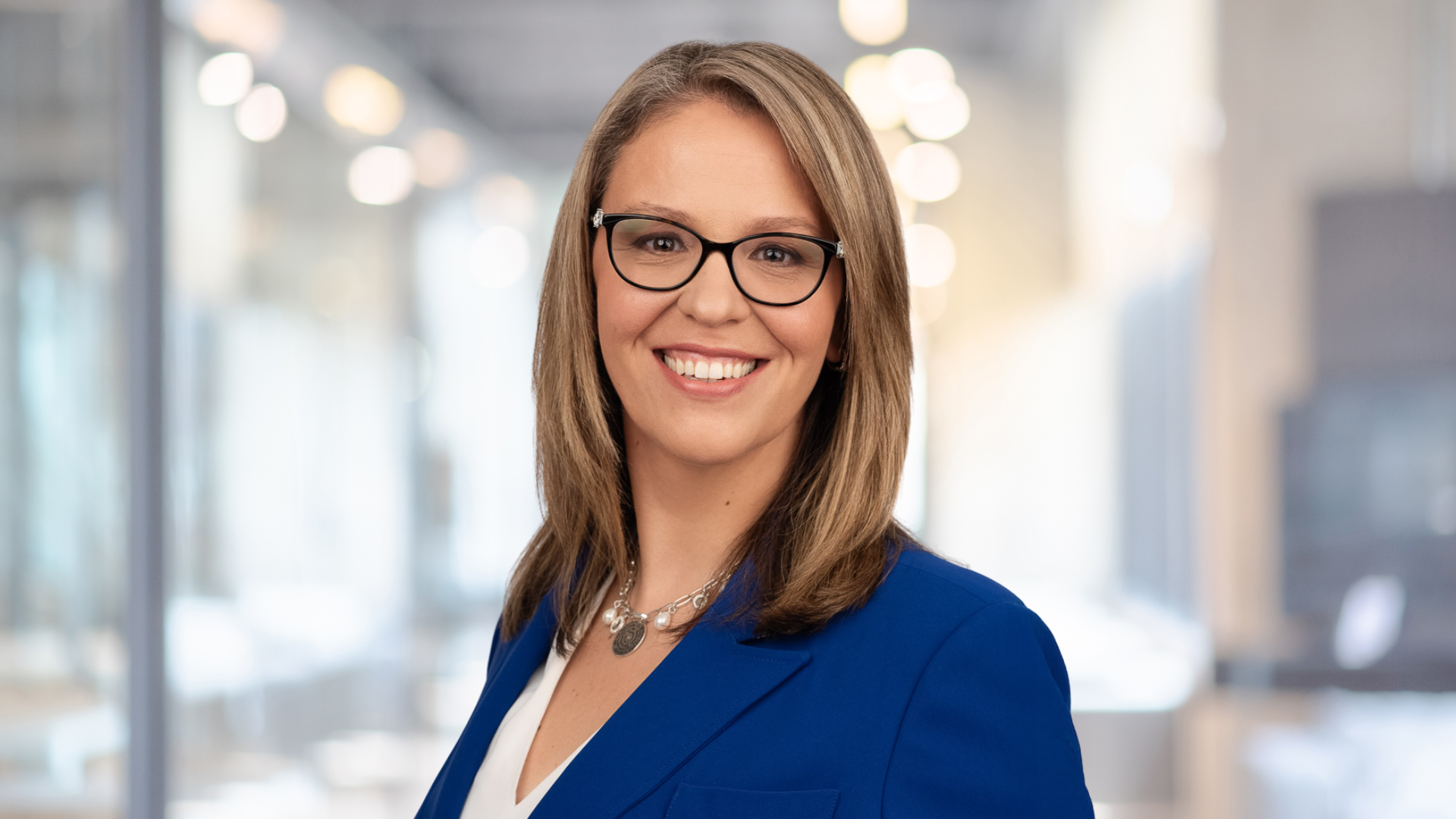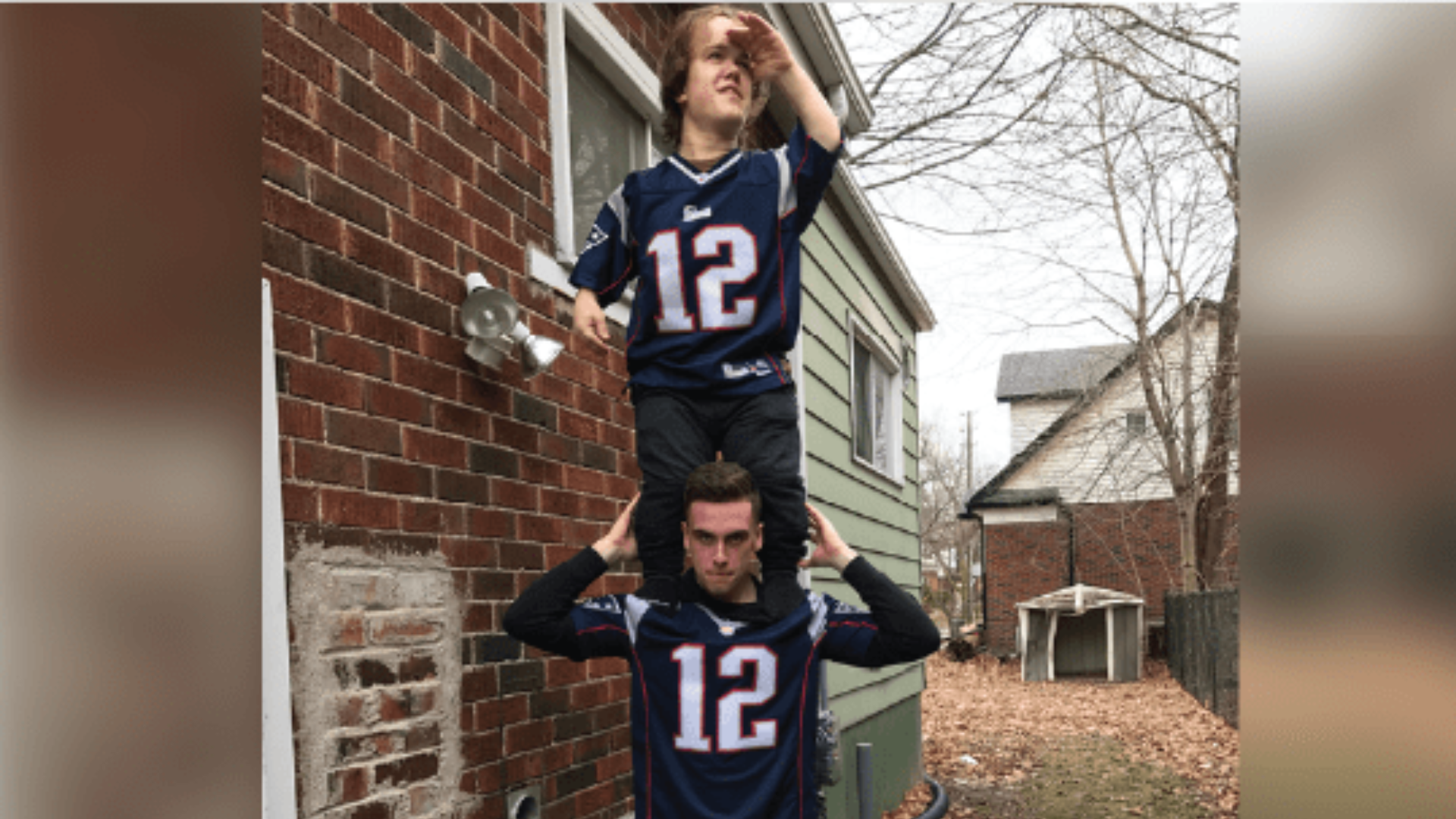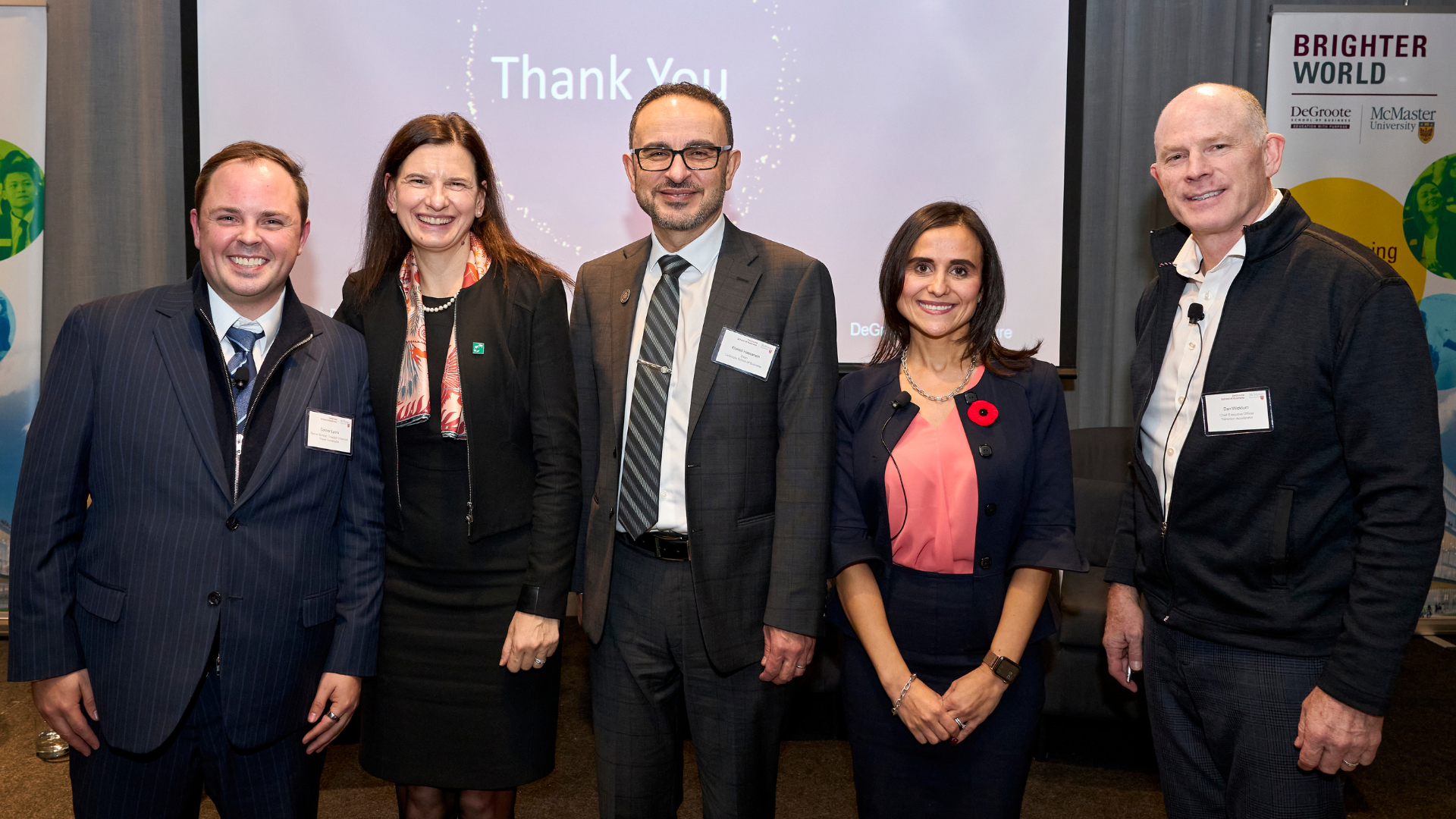ALUMNI STRATEGIC PLAN | INCLUSIVE EXCELLENCE STUDENT STUDENT CLUB
Empowering community through entrepreneurship: A conversation with Ashleigh Montague
November 27, 2025 ·
Contributed by: Angelica Babiera
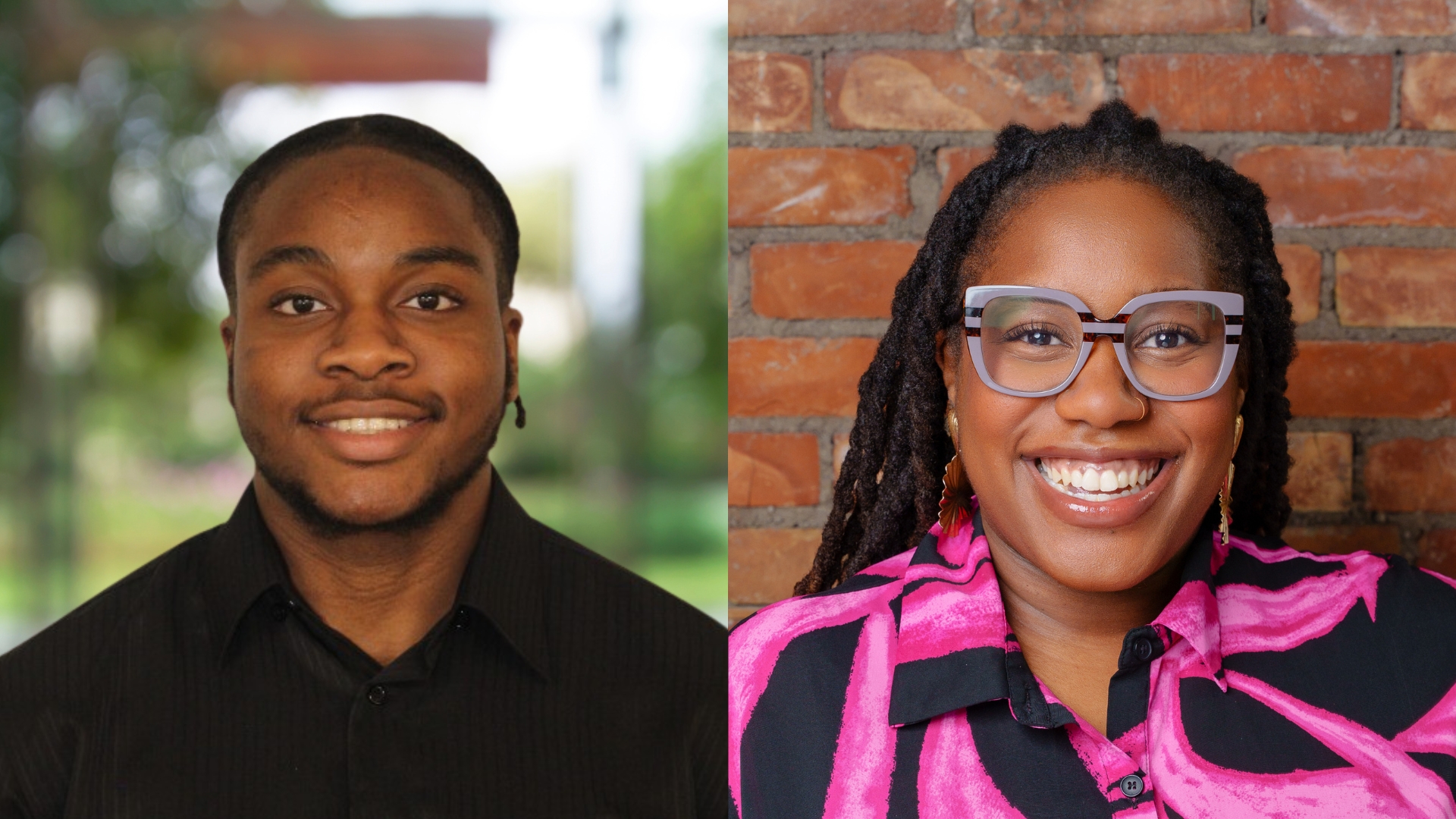
Ashleigh Montague (BCom ’15) is the Executive Director of BLK OWNED, a Hamilton-based nonprofit organization dedicated to supporting Black-owned businesses and entrepreneurs in building sustainable ventures.
Founded during the pandemic by Ashleigh and her sisters, Abygail and Alexandria, BLK OWNED has grown from a local initiative into a recognized community hub that empowers entrepreneurs, connects networks and promotes economic growth through inclusivity.
DeGroote Black in Business president Chidera Okafor-Justin, a third-year Commerce student, sat down with Ashleigh as part of Global Entrepreneurship Week to discuss her journey and challenges and the importance of community-driven entrepreneurship.
Watch the full interview here:
Chidera: Can you share a little about your personal story and what inspired you to create BLK OWNED with your sisters?
Ashleigh: Honestly, my sisters and I have always been starters and have always been interested in creating spaces and sharing knowledge where those spaces seemed not to be—in community or here on campus. I was one of the seven founding mothers of Nu Omega Zeta, a Black-focused sorority on campus.
During the pandemic in 2020, after George Floyd’s murder, everyone was posting those black squares. My youngest sister woke up and said, ‘Am I supposed to be doing this?’ We recognized that this could come across as performative. So, we decided to generate a list of Black business owners in the Hamilton area for us to support—allowing our community to put their money where their mouth is.
With the help of community members, we generated a list of over 150 businesses and became that marketing platform for them.
Chidera: What were some of the early challenges you faced when starting BLK OWNED, especially in Hamilton?
Ashleigh: It seemed like there was so much support from community, which is beautiful. But we also started to see different perspectives—people asking, ‘Why are we having something that is specific to Black business owners when everyone is an entrepreneur?’
It’s not about segregation but about offering opportunities. Black entrepreneurs face intersectional issues—generations before us didn’t have access to the same services, wealth or networks. Supporting Black entrepreneurs means strengthening the entire economy.
Funding was another challenge. We are a startup ourselves, so sustainability—financial and human capacity—is key to continuing our impact.
Chidera: What does empowering Black businesses mean to you?
Ashleigh: Supporting Black entrepreneurs and businesses is actually contributing to our larger economy. If a piece of that is not standing with everyone else, then we are not whole as Canadians. At BLK OWNED, we’re figuring out ways to contribute to the larger community and economy by offering the supports and networks that help everyone thrive.
Chidera: One of your key programs is the Trailblazer Program. Can you tell us about it?
Ashleigh: Trailblazer is our youth program focused on early-stage entrepreneurs—people aged 18 to 39 who’ve launched their business and are earning up to $10,000. We support them in building a foundation in finance, marketing, sales and operations to help grow their business to the next level.
We want to help young entrepreneurs move beyond that $50,000 threshold and build sustainable businesses.
Chidera: What were some of your biggest challenges as a woman leading BLK OWNED?
Ashleigh: I never looked at it from a lens of me being a Black female, but in some capacity, that’s the case. I remember once when I was talking to a sponsor who said, ‘I’ll bring it up with my manager—we play squash together,’ and then mentioned, ‘It’s men’s only.’
It reminded me that relationships and access matter. Your network equals your net worth. So, I’ve learned to step into my confidence, knowing what BLK OWNED provides, and to get into those spaces where decisions and opportunities are made.
Chidera: Do you have any mentors who have helped you on your journey, and how do you mentor others now?
Ashleigh: Yes, yes, yes. Mentorship starts with who’s in your network—and even who isn’t. One of our biggest supporters was someone I met on LinkedIn who worked in the City of Hamilton’s economic development department. She opened her network to us, and many of those people are still on our board today. My board chair is also one of my biggest mentors.
Mentorship goes both ways—it’s not only what we can ask for, but also what we can offer. Through BLK OWNED, I now hope to provide that same mentorship to entrepreneurs in our community.
Chidera: What advice would you give to DeGroote or McMaster students who want to follow your entrepreneurial path?
Ashleigh: Entrepreneurship is hard. It’s 24/7. You love it, but it’s challenging. When you’re in school, you have the perfect opportunity to explore entrepreneurship without the full burden of sustaining your livelihood.
Tap into the programs and networks around you. Gain experience, learn and build your confidence—to network, to pitch, to say, ‘I’m going to try this for the next two years and see where it takes me.’

